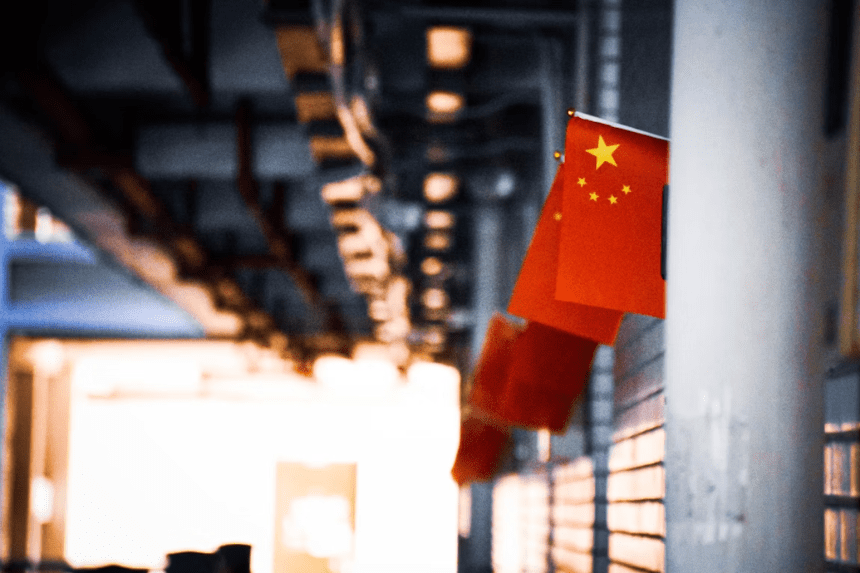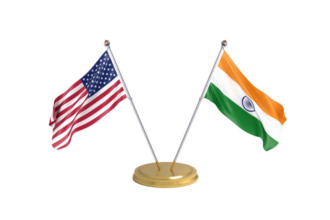In an attempt to reopen its digital landscape, China has launched a wide two-month campaign, in which it is called “excessive negativity” online. The purpose of China’s Cyberspace Administration (CAC) is to eliminate the positions that spread disappointment or especially promote the defeatist approach among the youth. This intense China comes amidst the internet crackdown, economic uncertainty, high youth unemployment, and fierce educational and public disappointment with job competition.
Officials are now focusing on stories that question the value of education or hard work. Phrases such as “it is useless to study” and “Hard work is not found anywhere” are seen as dangers for social morale. This campaign is part of a broad push, describing the authorities as a “decent and rational” digital environment.
What Sparked This Crackdown?
China’s economy has been under pressure, with a sluggish recovery from the property crisis and persistent job shortages, particularly for graduates. These challenges have driven many young people to express frustration and hopelessness online, creating a surge in disillusioned content.
To counter this, Beijing has begun punishing influencers and platforms that appear to fuel or reflect this mood. Several high-profile figures have already faced disciplinary actions, with their social media accounts restricted or wiped clean. In some cases, no official reason was given, only assumptions that their content encouraged undesirable views. Here is the link to our article on Social Media Attack.
Which Influencers Have Been Targeted?
Multiple well-known content creators have been caught in the current Chinese internet crackdown. In one case, an online personality was believed to have been censored after comparing people and products to either “Apple” or “Android,” implying a value hierarchy that many took as a jab at social inequality.
Another example involves Zhang Xuefeng, a prominent educator known for his candid views on China’s education system. Earlier this month, Zhang pledged to donate 100 million yuan if Beijing were to invade Taiwan. His account was later restricted, and a spokesperson stated he was “reflecting” on the matter.
These cases show the government’s growing sensitivity to both direct and indirect expressions of social frustration—even when delivered as satire or educational critique.
Are Social Media Platforms Being Punished?
Yes. The CAC has also placed responsibility on tech platforms themselves. Apps like Weibo, Xiaohongshu, and Kuaishou are facing scrutiny for allowing “negative content” to thrive. This includes not just political discussion, but celebrity gossip and trivial posts that the authorities believe distract from core values.
The CAC stated it will enforce “strict punishments” for platforms failing to maintain positive discourse. Officials argue that a clean, optimistic cyberspace serves the interests of national stability and mental well-being. Here is the link to our article on the Social Media Ban.
Could the Crackdown Worsen Mental Health?
Critics warn that suppressing emotional expression may do more harm than good. Mental health experts argue that venting frustrations online often helps individuals cope with stress. Removing this outlet, especially in an already tense economic environment, may exacerbate anxiety and social isolation.
The rise of movements like “lying flat” and “full-time children” reflects how deeply some young Chinese have disengaged from traditional life paths. Many are leaving the workforce or moving back in with parents, opting out of the grind entirely.
Despite the government’s intentions, this ongoing Chinese internet crackdown may not eliminate pessimism—it may only hide it.
Final Thoughts
Chinese Internet Crackdown indicates an intensive effort by Beijing to not only shape citizens, but also how they feel and express themselves online. Controlling stories can temporarily promote optimism on the surface, but long-term social harmony depends on addressing real economic and emotional conflicts that are facing today.








